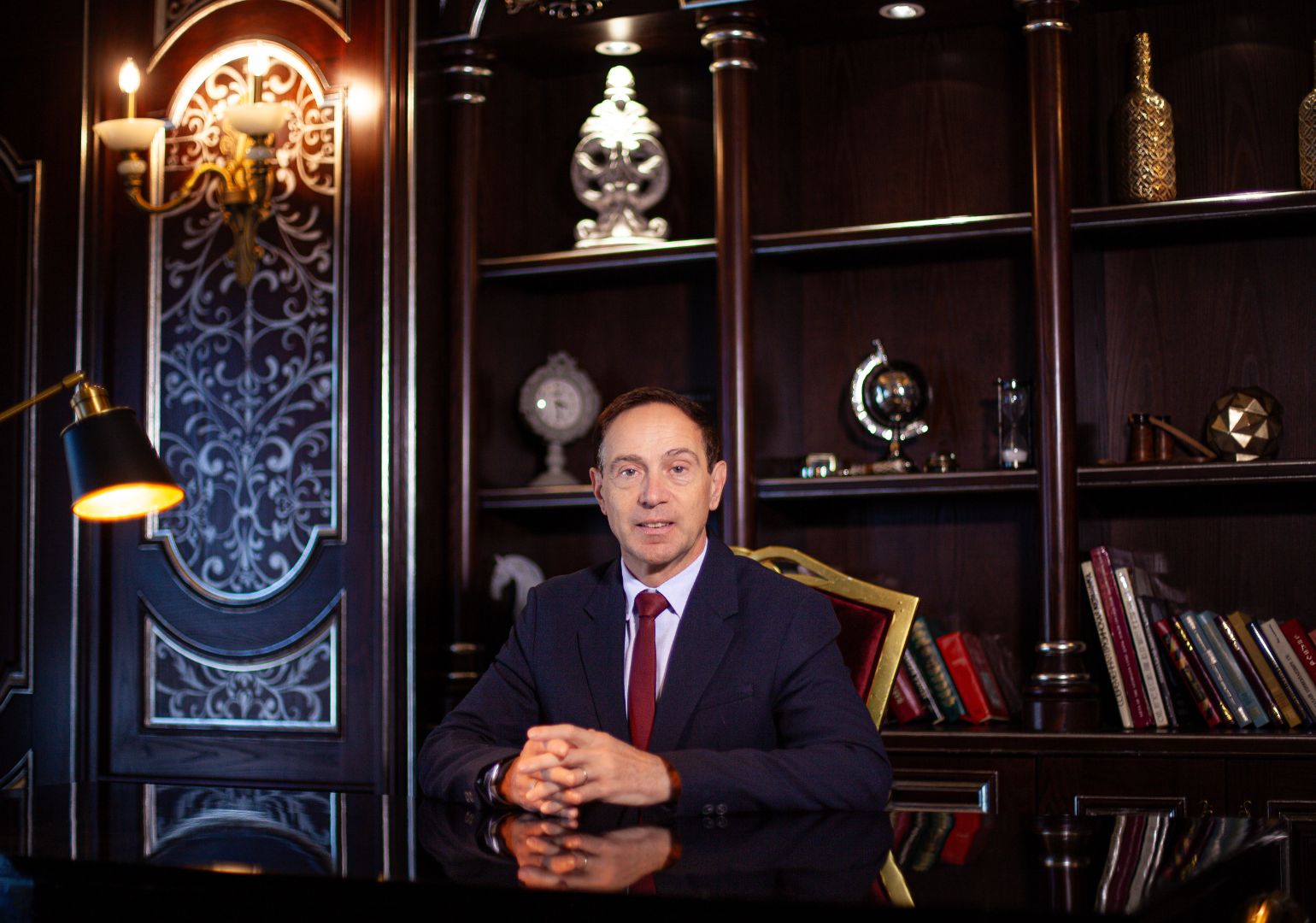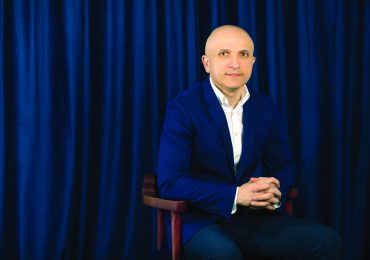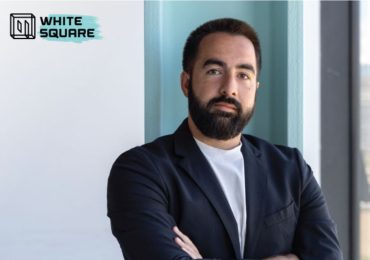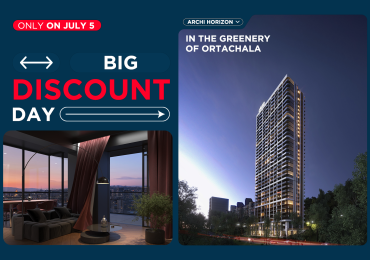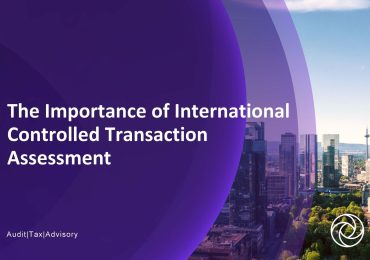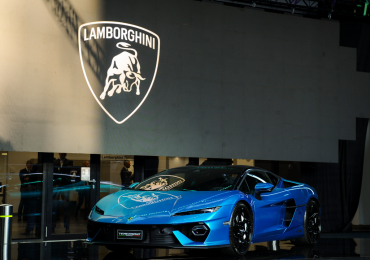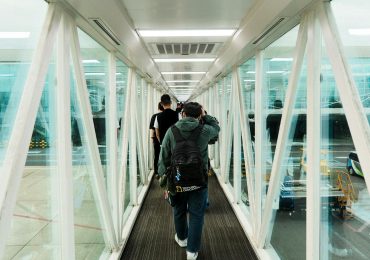In the dynamic world of hospitality, the journey of Peter Hoellrigl, General Manager of Hotels & Preference Hualing Tbilisi, is a compelling narrative marked by a passion for creativity and a commitment to excellence.
From the early days of his career, driven by a desire for innovation, Peter Hoellrigl embarked on a path that led him from the picturesque shores of Bermuda to the flourishing hospitality scene in China, eventually finding a second home in Georgia.
Peter Hoellrigl brought a wealth of experience to the evolving hospitality sector in the country. The transition to Hotels & Preference Hualing Tbilisi marked a homecoming of sorts, as he had already lived in Georgia, USA. When he arrived, he found himself drawn to the unique blend of European charm and the growing hospitality market in Caucasian Georgia.
Stepping into the role of General Manager during the post-Covid revival, He led a comprehensive revitalization effort, elevating the hotel’s hardware to a 5-star standard and fostering a team culture that merged the best of Georgian hospitality within a French-inspired environment.
In this interview with Forbes Georgia, Peter Hoellrigl shares insights into the distinctive characteristics of the European and Chinese hospitality industries, the challenges and opportunities present in the Georgian market and the principles that underpin his leadership approach. Through his journey, he not only navigated diverse cultural landscapes but also shaped the success story of Hotels & Preference Hualing Tbilisi, setting the stage for growth in the near future.
Take us through the early stages of your career. What ignited your passion for the hospitality sector as a young professional? Could you share the story of your first job and the challenges you successfully navigated?
I entered the hospitality industry driven by a passion for creativity. I’ve always enjoyed thinking differently, pushing the envelope in positive ways, and embracing innovation. Another significant factor was the performance-based salary structure. I found it inconceivable to contemplate a professional life within the government, wherein one engages in the same responsibilities, receiving a salary increase biennially, all without the structured framework of a performance evaluation. This forward-thinking perspective might have been influenced by my creative mother and grandfather, even though they weren’t in the hospitality field.
In my first job, I don’t recall facing any significant challenges. I found enjoyment in the work and the learning process and my efforts were recognized. However, one challenge was the varying approaches of each shift leader, requiring me to adapt and learn three different methods for each task. Additionally, frequent changes in department heads presented a dynamic environment. Fortunately, my adaptable personality allowed me to navigate these changes smoothly. An added advantage was receiving two job offers from previous heads of department, highlighting the value placed on my contributions.
Could you elaborate on the countries and companies that have shaped your journey? What distinct experiences did each offer?
My former boss invited me to work in Bermuda, and since I liked this opportunity to gain experience in foreign countries, working on this luxury tourist island was amazing for a 19-year-old person. A good mix of British and American culture, as well as people from around the world, provided interactions both at work and in private. Besides learning so much, I still had a lot of time for fun—there were daily parties and many sports activities I enjoyed.
After 2 years, my friend and coworker helped me move to the best Cottage Hotel on the island. Cambridge Beaches Hotel boasted a 60% repeat customer rate. This boss then assisted me in moving to the USA to join the original Ritz-Carlton company after several years in Bermuda. Experiencing the hospitality industry in the USA during a period of significant growth was truly amazing. Feeling the need to return to Europe, my boss connected me with his friend in Munich, Germany.
Considering your extensive experience in Europe, what key characteristics define the European hospitality industry? Moreover, what prompted your move to China?
It will not come as a surprise to you when I say I did not settle down in Europe. I have a deep love for Europe and Austria, particularly Vienna, my home city, which is both unique and likable. However, I noticed that there was a tendency for things to remain tried and true. Everything and everyone seemed to be set in their ways and there wasn’t much openness to progress or risk-taking. Once I realized that work was getting boring and my free time and private life were getting stressful because I tried to fill it with actions and excitement, I realized I was still young and should move out again.
My good friends from years ago invited me to visit them in China, possibly to help them with a big promotion at their hotel. It was a combination of famous chefs, musicians, and artists, so I spent two weeks combining work and holiday there. My friend was the General Manager and he offered me to work for him. I declined two times over six months, but in the end, I did make the move.
Describe your experience in the Chinese hospitality sector. How does it stand apart from European encounters and what peculiarities characterize the Chinese consumer landscape?
China was an amazing experience, not only due to its entirely different culture, but also because of the spirit of openness and continuous improvement. Upon my arrival in Beijing, the basic requirements had already been established and the working standards were of a very high level. Staffing was still inexpensive and customers were not only very excited but also willing to spend money on new experiences.
I not only introduced new ideas and standards to China, but also underwent significant personal growth and professional development. Having been there for 20 years, I’ve witnessed substantial changes. The pace of improvement was rapid until it naturally slowed down. Towards the end of my time, you could observe the trend that China had established and that it would be increasingly led by the Chinese themselves.
China, purely due to its size, encompasses a vast array of cultures and differences. Chinese people can be extremely polite, friendly and detailed, especially towards their friends and foreign visitors. However, given the reserved nature of their culture, it can be challenging for foreigners to understand and interact seamlessly. With globalisation, it becomes evident that we are all growing more and more similar.
Share the story of your transition to Hotels & Preference Hualing Tbilisi. What motivated this move and how have your cultural adaptation is going?
I like to joke about coming to Georgia a second time, considering I had worked in Atlanta, Georgia for 4 years before. The company I worked for offered me a transfer, which I was more than happy to accept. Looking back, I’ve never regretted this decision. It feels like a homecoming. The atmosphere resembles Europe, specifically Europe from some time ago, but that, in my view, makes it even better.
Here, I sense a spirit of improvement and progress, which I appreciate greatly. The food is perhaps a little too good, considering I gained weight and can’t seem to lose it. I love the idea that so many people here are making their own wines. Even though Hotels & Preference is the only hotel I have experience with, I feel and can see indicators that our team is truly unique and, therefore, special.
How does the Georgian hospitality market differ from the European? What are the unique advantages and challenges present in the Georgian market?
The hospitality industry in Europe has reached a stage of maturity where growth is slow and established norms prevail. There isn’t much room for new ideas or innovations. This is why Georgia is such an exciting place to be—it’s in the midst of rapid development. Unfortunately, our enthusiasm is dampened by the current world economic situation and the challenges posed by geopolitical conflicts.
In particular, the hospitality industry faces hardships as numerous new hotels open, increasing bed capacity while the number of customers decreases. This dynamic creates automatic challenges such as price drops, rising labor costs, and complications in staff retention and the improvement of professional skills.
A significant hospitality-related issue is that Europe boasts a robust tradition of dual learning—a comprehensive education system where individuals learn theory in school while gaining real-life experience in a hotel. This program spans three years and culminates in an official diploma. To address this, we’ve established connections with a college and are in the initial stages of implementing a similar program to test its effectiveness.
How does your team address these challenges?
At Hotels & Preference Hualing Tbilisi, we consider ourselves fortunate, because our establishment is truly unique. This uniqueness may be attributed to the combination of Georgian people and distinctive brand of hospitality, along with our special location. As a result, we are privileged to have a team of dedicated staff and managers who are genuinely committed to the success of the hotel.
Our hotel has earned a stellar reputation for the knowledge, teamwork and dedication exhibited by our staff. We make concerted efforts to treat everyone equally and fairly, going the extra mile to be flexible and accommodating to individual needs. Honest care for people is not just a priority in our industry, it is paramount. This care extends beyond our guests to our staff, because, beyond the obvious aspects of location and building infrastructure, it is our team that truly makes the difference and generates revenue.
Provide insights into your management style and the strategic positioning of Hotels & Preference Hualing Tbilisi. what principles underpin your leadership approach?
I took on managerial positions quite early in my career and this happened in America. It seems that this management style remains relevant today, likely because it places a strong focus on the individual. Treating everyone as an equal is and will continue to be the humane approach. Sincerity and personal care are not merely principles to be spoken about but must be actively practiced.
Establishing a work environment where individuals feel comfortable and safe is essential, while also fostering personal growth. This growth encompasses the development of skills, personality and advancement in one’s career. We not only acknowledge but encourage our staff to pursue new opportunities. Before they move on, we offer internal cross-exposure, leverage our connections with French Hotels and Preference, and have even extended opportunities for some candidates to work within our management company in China.
Share some personal career highlights or achievements during your tenure as the General Manager of Hotels & Preference Hualing Tbilisi that you are particularly proud of.
I prefer to let my team shine because when they win, as the GM, I am winning just the same. Since I arrived just when Covid had ended, we really had to completely revamp the hotel and the staff’s attitude. It was not easy, took some time and energy, but I can proudly say that our hotel’s infrastructure is back up to a 5-star standard and more.
As a people’s person, I believe that our VIP standards and detailed personalised gifts are better than they have ever been. Our staff has wholeheartedly embraced combining the best qualities of Georgian and diverse hospitality in an elegant French setting. Our Guest Satisfaction Score for all our guests has been continuously improving. Our team leaders are highly focused and motivated on the core of hospitality – which is guests, guests, and guests. We have identified some genuinely promising new ways for business growth and we are a strong team, ready to overcome our goals for 2024. S
